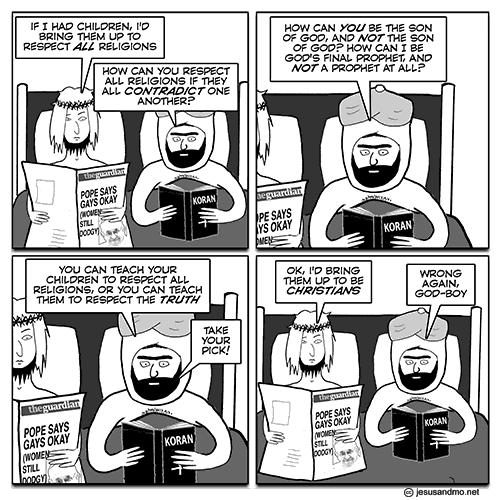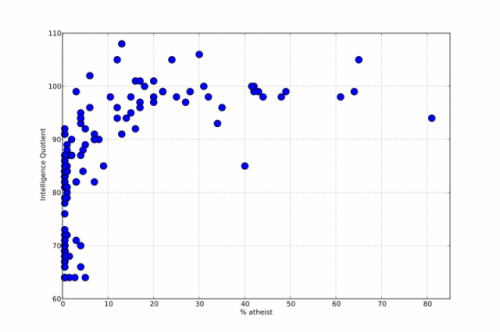I was pointed to this wonderful interview with Alan Moore after that post about TJ Luhrmann, the anthropologist who tries to explain psychological phenomena with God. Moore has some weird beliefs — he talks about worshipping an ancient Roman god, Glycon — but he is absolutely crystal clear on the fact that this god has no existence outside the territory of the human mind.
“I understood that everything that people talk about with regard to magic is all absolutely true, as long as you understood that it is happening inside people’s minds.”
Give that man a Ph.D. and a tenured position at Stanford. Religion is interesting because it is a bizarre human phenomenon that tells us something about how our minds work: it is an anthropological and sociological and psychological process that should not be ignored. But when you come at it as if it is an accurate description of the physical universe, rather than a map of the world strangely filtered and modified by passage through the black box of our brains, you will be led astray, and you will be refuted by the evidence of the physical sciences.
Moore also makes the important point (one that I have also made in some of my lectures), that modern fundamentalist religion really is a recent event, within the last century. It is not universal, it is not conservative, it is not a return to the true path of the original church — it is a reactionary response to modernity, and it is a product of our times.





